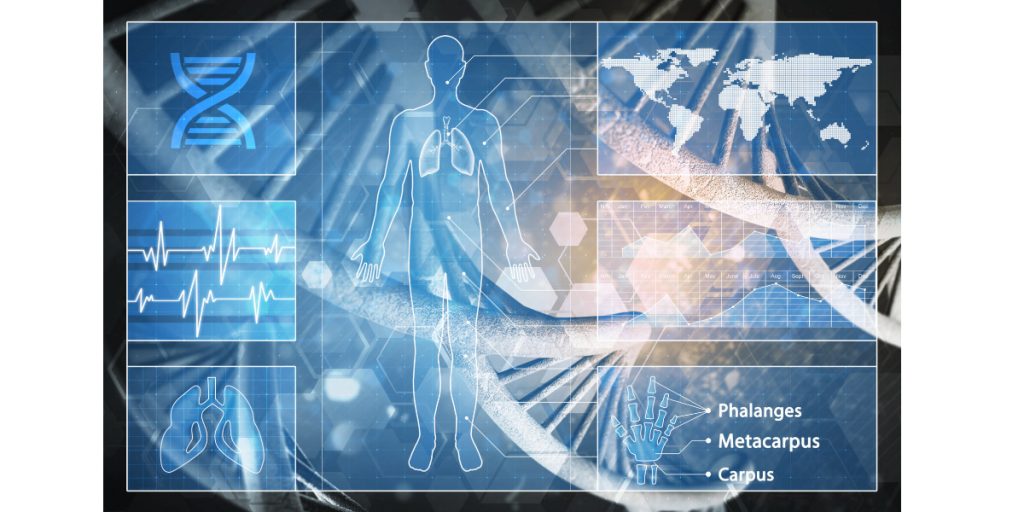MCSs are multipotent progenitor cells capable of developing into a variety of cell types during human development, including adipocytes, chondrocytes, osteocytes, and cardiomyocytes. Population aging and an increasing prevalence of chronic disease are driving interest in MSC-based therapies. Over the past 150 years, the average human lifespan has doubled and continued increases in life-expectancy are expected.
In China, the country expects to have half a billion people over the age 60 by 2050. In Japan, the government expects to have 50% of the population over 65 within two decades. Similar demographics are affecting Europe and the United States, all of which are accelerating the market opportunities for cell-based therapeutics, such as MSCs.
History of MSCs
MSCs were first described in 1991 and initially isolated from bone marrow (BM). Subsequently, MSCs have been isolated from numerous other adult tissues, including but not limited to adipose tissue, dental pulp, kidney, lung, and liver. MSCs are also present during fetal development in tissues such as bone marrow, blood, liver, and kidney.
Synonyms for mesenchymal stem cells include:
- Medicinal Signaling Cells
- Mesenchymal Stromal Cells
- Marrow Stromal Cells
Given this naming variability, the cells are frequently called “MSCs”. Unfortunately, the three-letter acronym “MSC” on Google does not bring up articles about this cell type. Rather, it returns results about industrial supplies and cruises, which is why we use the term mesenchymal stem cells within many articles this site.
Therapeutics Mechanisms of MSCs
The two most important mechanisms of MSC-based cell therapy are immune modulation and paracrine/endocrine effects.
Immune modulation has been observed in MSCs isolated from bone marrow, adipose tissue, umbilical cord and Wharton’s jelly. Unlike immune suppression, immune modulation is a dynamic process whereby only some cells are affected. By immune modulation, MSCs are capable of effectively suppressing both acute and chronic inflammation.
Another important feature of MSCs is that they produce a variety of growth factors and cytokines, which are capable of exerting biological effects on other cells. These products stimulate the stem cells of the host, prevent apoptosis (cell death) and trigger angiogenesis (new blood vessel growth).
In recent years researchers have also started to explore components that can be obtained from MSCs, such as extracellular vesicles (EVs) from MSCs that can perform specific biological activities. Similar to the whole cells of MSCs, exosomes from MSCs have demonstrated a capacity to repair tissue damage, suppress the inflammatory response and modulate the human immune system.
Aegle Therapeutics is now pursuing the first clinical trial in the United States using exosomes from allogeneic MSCs. Aegle’s IND fo dystrophic epidermolysis bullosa (“DEB”) has been cleared by the FDA and the company expects to enter the clinic by the second half of 2020.
Exosomes isolated from adipose tissue have been found to accelerate cutaneous wound healing through impacting the characteristics of fibroblasts. Extracellular vesicles (EVs) from MSCs have shown similar properties. A single intravenous injection of exosomes has been observed to improve cardiac function after myocardial infarction. Studies have also indicated that exosomes from MSCs can promote cardiac stem cell proliferation in vitro. Further studies have revealed that exosomes from MSCs can be used effectively to treat acute kidney injury, fibrotic liver and musculoskeletal disorders.
The above mentioned studies suggest that we may be witnessing an era in which not only whole MSCs, but also their byproducts could be leveraged as therapeutic agents.
Expanding Applications for MSCs
In addition to being developed as cell therapeutics to treat a range of diseases, mesenchymal stem cells (MSCs) are being leveraged as research tools, utilized within tissue engineering and bioprinting applications, and incorporated by the clean meat industry. Presently, MSC-based clinical trials are being conducted for a range of disease conditions, with many completed trials showing safety and efficacy.
Clinical utility of MSCs are primarily attributed to their key biological properties, which include:
- Their potential to migrate to sites of inflammation caused by tissue injury when injected intravenously
- Their potential to differentiate into different cell types during human development (and in vitro)
- Their potential to release different bioactive molecules that can stimulate the recovery of injured cells
- Their ability to prevent inflammation and accomplish immunomodulatory functions
Currently, around 1,400 MSC clinical trials are in progress in different parts of the world, including within the United States, European Union, China, Middle East, and South Korea. Only a small number of clinical trials using MSCs have reached Phase III, indicating that only a limited number of MSC products have near-term market potential and the therapeutic market for MSCs remains early-stage.
Because MSCs have a distinctive capacity to survey damaged tissue and to respond by modulating the immune system and turning off inflammation, they are increasingly being explored for regenerative applications on a global basis. With nearly a thousand clinical trials registered worldwide, could MSCs revolutionize modern medicine as we know it?
